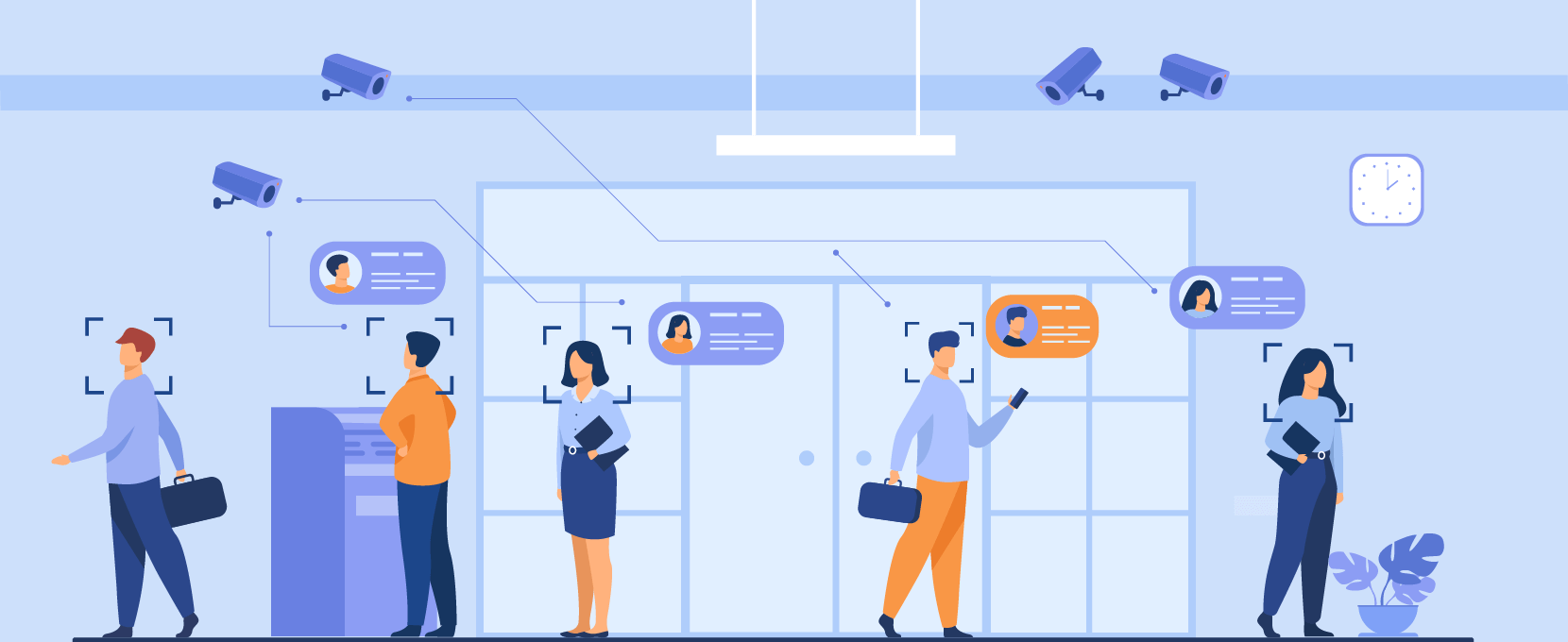Employee monitoring software solutions have emerged as powerful tools to help businesses achieve this goal. These solutions offer a range of features designed to track employee activities, manage time efficiently, and enhance overall productivity. This article explores how employee monitoring software can boost productivity and the key benefits it brings to modern workplaces.
Understanding Employee Monitoring Software
Employee monitoring software like Controlio is designed to track and record various activities of employees during their work hours. These activities can include internet usage, application usage, keystrokes, screen captures, and more. The primary aim is to ensure that employees are focused on their tasks and to identify any areas where productivity can be improved.
Key Features of Employee Monitoring Software
1. Activity Tracking
One of the core features of employee monitoring software is activity tracking. This involves monitoring the applications and websites employees use during their work hours. By analyzing this data, managers can identify time-wasting activities and take steps to minimize distractions.
2. Time Management
Employee monitoring software often includes time management tools that help employees track how much time they spend on different tasks. This can highlight inefficiencies and help employees manage their time better. It also allows managers to allocate resources more effectively and set realistic deadlines.
3. Productivity Reports
These software solutions generate detailed productivity reports that provide insights into employee performance. Managers can use these reports to identify high performers, recognize patterns of inefficiency, and implement targeted improvements. This data-driven approach ensures that productivity enhancement efforts are based on concrete information.
4. Screen Monitoring
Screen monitoring features enable managers to capture screenshots or live video feeds of employee screens. This can be particularly useful for quality control purposes and for ensuring compliance with company policies. Screen monitoring helps in maintaining a high standard of work and identifying training needs.
5. Keystroke Logging
Keystroke logging records the keys pressed by employees, providing a detailed log of their typing activities. This feature can help in understanding how employees interact with software and identify any potential security risks. It also ensures that sensitive information is handled appropriately.
Benefits of Employee Monitoring Software
1. Increased Accountability
Employee monitoring software fosters a culture of accountability. Knowing that their activities are being monitored encourages employees to stay focused and productive. This heightened sense of accountability can lead to significant improvements in work performance.
2. Enhanced Productivity
By identifying time-wasting activities and optimizing workflows, employee monitoring software directly contributes to enhanced productivity. Managers can use the insights gained to streamline processes, eliminate inefficiencies, and ensure that employees are working on high-priority tasks.
3. Better Resource Allocation
With detailed insights into how employees spend their time, managers can allocate resources more effectively. This ensures that projects are staffed appropriately and that employees are not overburdened or underutilized.
4. Improved Compliance and Security
Monitoring software helps in ensuring compliance with company policies and industry regulations. It also enhances security by detecting and preventing unauthorized access to sensitive information. This is particularly important in industries that handle confidential data.
5. Employee Development
Employee monitoring software can also play a role in employee development. By identifying areas where employees struggle or excel, managers can provide targeted training and support. This helps employees improve their skills and advance in their careers, contributing to overall productivity.
Ethical Considerations
While the benefits of employee monitoring software are clear, it is important to use these tools ethically. Transparency is key—employees should be informed about monitoring practices and the reasons behind them. Monitoring should focus on work-related activities and respect employees’ privacy. Establishing clear policies and guidelines helps ensure that monitoring is conducted in a fair and respectful manner.
